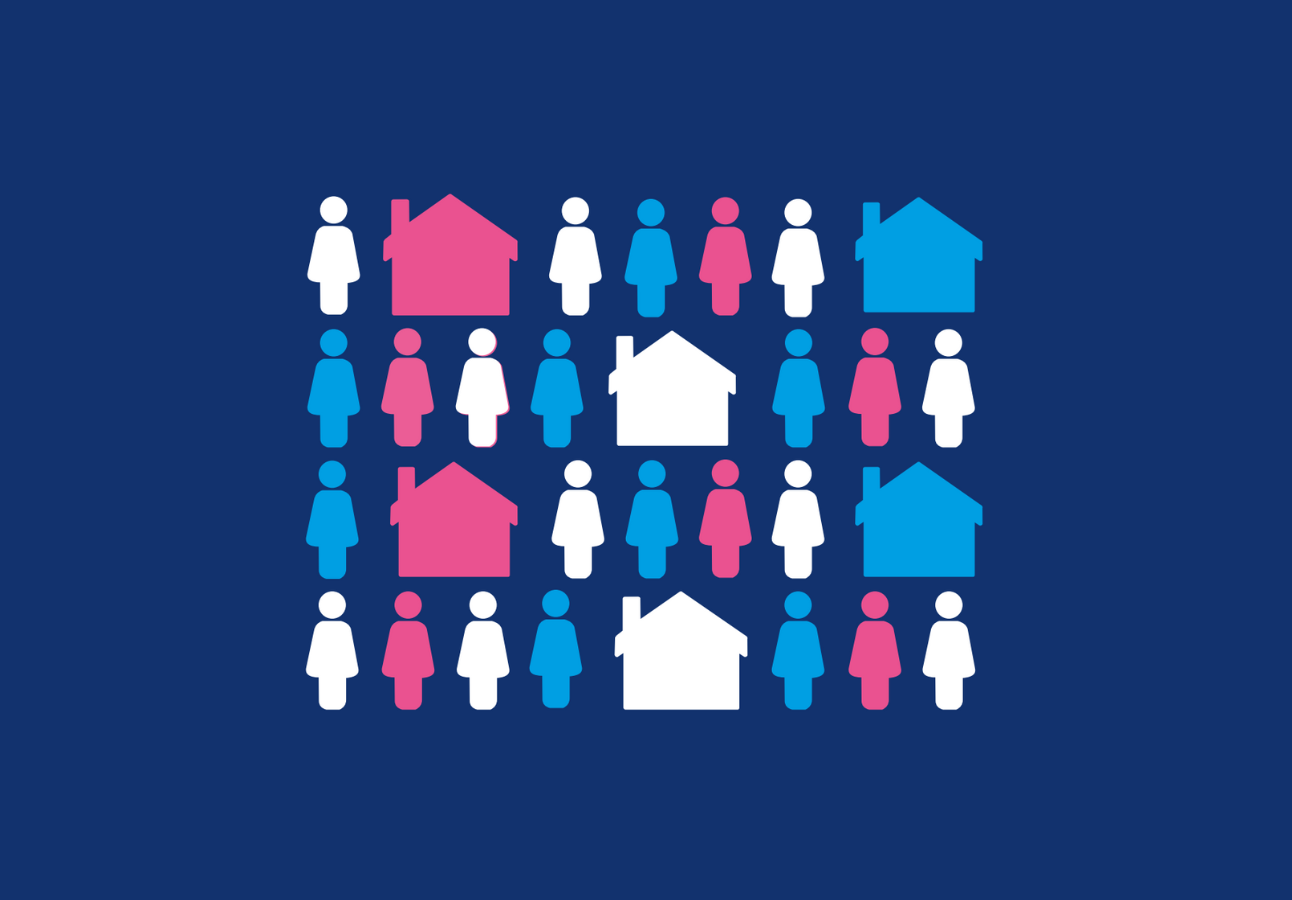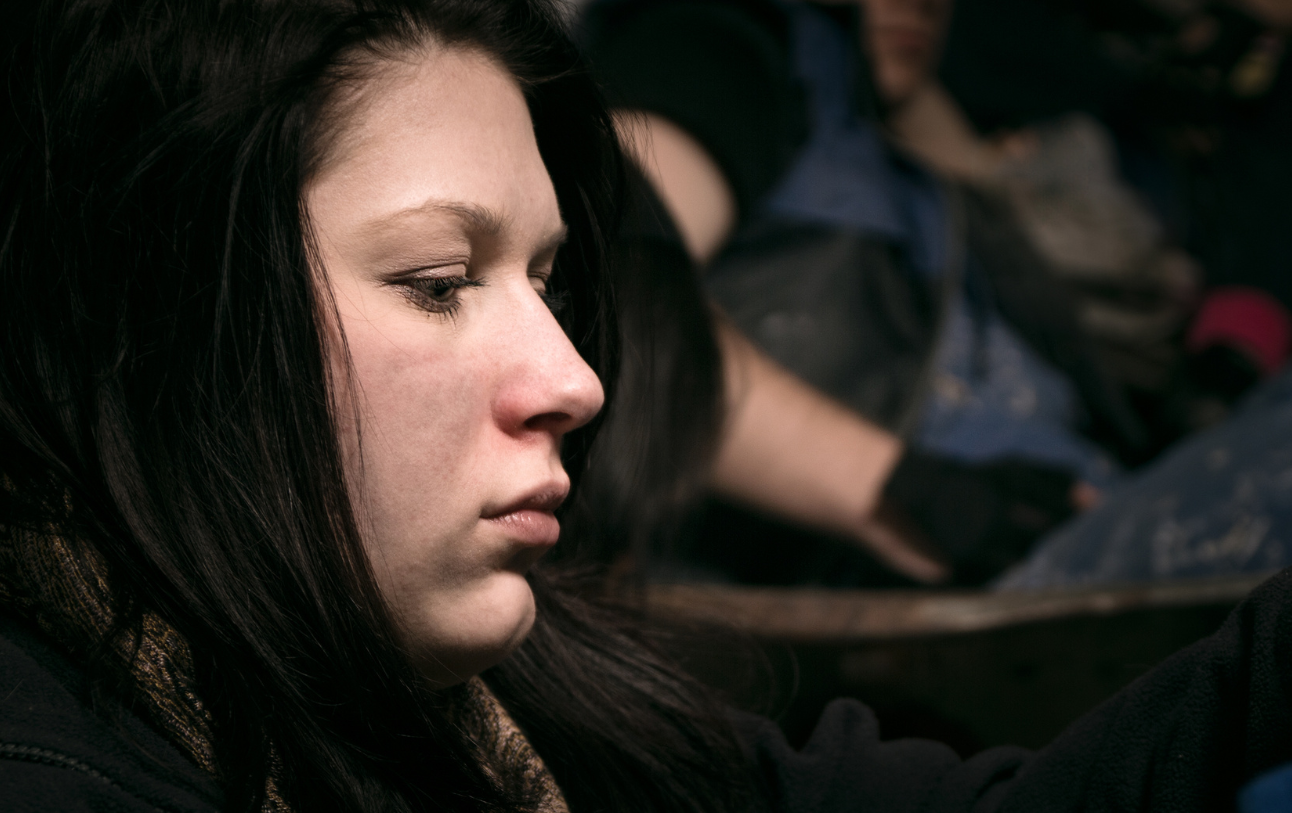
Amy said she would recommend Shared Lives to other women who have experienced domestic abuse.
Welcome to our brand new website, providing you with easier access to our training, research and resources!
Ali Miller, Development Officer at Shared Lives working on the Domestic Abuse and Modern Slavery projects, shares her reflections on the Shared Lives model alongside Sally Steadman-South from SafeLives, and Amy*, a survivor of abuse who has been housed through the scheme.
Shared Lives is a model of accommodation and support that is typically used in social care and healthcare. It was initially designed for people with learning disabilities; a housing option that supporting them to benefit from and contribute to their community. The model worked well and we realised it could benefit people with a broad range of needs.
For two and half years, we at Shared Lives Plus have been working with SafeLives alongside two pilot schemes, ategi in Buckinghamshire and Positive Steps in Shropshire, to trial the Shared Lives model of accommodation for survivors of domestic abuse.
Since joining earlier in 2019, my eyes have really been opened to the reality that is thousands of women’s lives: life after domestic abuse. Coming from a social care background, I have been looking at how Shared Lives can support female survivors of domestic abuse. Whilst I have been aware of the physical and emotional impact of domestic abuse, I hadn’t always considered the economic and practical toll that this can have on survivors; leaving people relying on friends and family for accommodation, sofa surfing or staying in inadequate accommodation. I’ve realised that sometimes people simply need a stepping stone; a stop-gap to help them get back on their feet after domestic abuse.
This is where Shared Lives can come in. Whether someone is fleeing an abusive relationship, moving on from refuge or having problems accessing housing, Shared Lives can provide a buffer; helping them get back on their feet within an ordinary family home.
At present, the Shared Lives schemes in Shropshire and Buckinghamshire have available places, from now until March 2020, for women who have experienced domestic abuse. They can live rent-free in the home of a Shared Lives host, someone who has an understanding of their situation and can support them with moving forward and living independently.
There are around 14,000 people living in Shared Lives arrangements across the UK and no two arrangements are the same. People access Shared Lives with a wide range of support needs. Whatever the circumstances, Shared Lives hosts share home life and community life with people who move in with them and help with the areas of life where people need a hand.
Working with Shared Lives has really broadened my understanding of alternative, safe housing options for survivors of domestic abuse. SafeLives hold a strong belief that if a survivor wishes to stay in their own home it should be made safe enough for them to do this. However, if they don’t want to stay in the home then safe housing options should be accessible. We know from our practice that women who do not have dependent children, or who have support needs such as mental health issues or disabilities, will not always be eligible for traditional housing options such as local authority temporary accommodation and refuge. We also know that these survivors are often increasingly isolated and vulnerable. This is one of the main reasons why the Shared Lives model is uniquely placed to offer support and provide women with a safe housing choice.
Throughout the scheme, we have listened to the partners, the schemes and the sector about how this could be safe and suitable for domestic abuse victims. Schemes receive training on how to identify risk and develop an individual safety plan, including the physical safety of the property. They also link with local services to ensure specialist domestic abuse support is provided where possible. We have also provided guidance for local authority housing departments so that survivors are still seen as safe and temporary not safe and secure – so that they are still treated as a priority and can access the same move on options.
When Amy came to live with her host Carol*, she was unsure whether it would be the right thing for her but she knew she needed support and was willing to give it a go.
Amy says:
AmyMoving in with Carol was different to what I imagined. I didn’t want to be treated like a child, but I wasn’t. Carol respected me and treated me like an adult. I was able to be independent and make my own decisions, but I’ve had someone there to help me and I’ve had a safe place to call home
Amy said she would recommend Shared Lives to other women who have experienced domestic abuse.
AmyMy advice would be to give it a go. It’s helped me and I’m in a much better place now
If you know of anyone who lives in or wants to relocate to Buckinghamshire or Shropshire, there are funded places available in people’s homes under their local Shared Lives schemes. This funding ends in March 2020 and we are eager to get this message out to people in frontline services so that women can benefit from this opportunity. For more information get in touch and help us to give people a hand when they need it most.
For more information:
*All names have been changed to preserve the anonymity of survivors and Shared Lives carers involved.


